Voicing YOUR Vote
The year is 2016. Presidential election year. As those over 18 are approaching November 8th, the Tuesday after the first Monday of November and the general election date, the power is in the people’s hands to decide the fate of the United States of America. But will the people take advantage of their power? Often times, they don’t. But here’s why you should:
1. Popular Vote vs. Electoral Vote: In the U.S., we have a system in place called the Electoral College, a democratic approach to electing our president. The total number of electors in the Electoral College is determined by each state’s Congressional delegation: one vote for each member in the House of Representatives (determined by the state’s population) plus two for each state’s senators (equal for all 50 states). Currently, there are 538 electors and a majority of 270 votes is needed to elect a president. Without at least 270 votes in the Electoral College, a president is not able to be elected. In this case, under the 12th Amendment, the House of Representatives meets to elect the president, regardless of the popular vote. So you may ask, what’s the difference between the popular vote and the electoral vote? If the Electoral College determines who becomes president, why should I even vote?
Short answer: It’s just how it works. Long answer: What the popular vote shows should be reflected in the Electoral College. There have only been four presidents in U.S. history who won the popular vote, but lost the election; therefore, historically speaking, your vote DOES count (91% of the time, at least).
2. The Freedom to Vote: Growing up in the United States, we don’t realize how privileged we are to have our freedoms ensured, with free speech, free expression, the freedom to vote, and many more. Countries such as Zimbabwe, United Arab Emirates, Lebanon, Brunei, Saudi Arabia, Guatemala, Dominican Republic, Venezuela, and Russia are all examples of countries where the voice of the people either isn’t taken into consideration or where not all of the country’s citizens can vote. Lucky for us, thanks to the 15th and 19th Amendments, every citizen of the United States (whether they be white, black, male, or female) has an equal right to voice their vote. After our country has gone through so much discrimination and even more hardship to overpower that discrimination, how could we not take advantage of the freedom we’ve been guaranteed? According to the Census Bureau, only roughly 65% of the U.S. voting-age population is registered to vote. We can change that statistic.
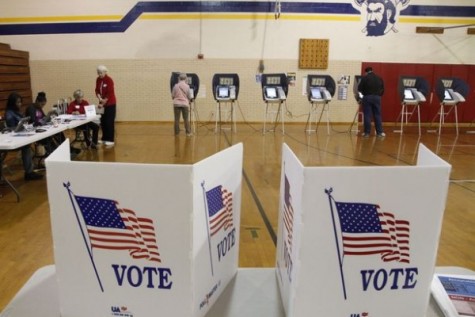
3. YOUR Future: Our grandparents and great grandparents may still be voting in the presidential election, but they are not still living in a world where they will be directly affected by the results. Do you know who is? We are. As the rising generation of entrepreneurs, CEOs, inventors, even potential presidents, it is up to us to have a voice in determining the direction of our country– a direction in which we have the right to voice our opinions and a country in which we will be raising our children and our children’s children. The opinions and goals that the older generations of the U.S. have may not be equally shared among the younger generations, so why should we give them all the power to decide OUR future? Whether you agree that that it’s time to make college tuition free, like Bernie Sanders believes, reinvent our criminal justice system alongside Hillary Clinton, or support building a wall on the Mexican border (funded by Mexico) to keep immigrants out with Donald Trump, let your voice be heard!
Hannah Pebler, a 23-year-old resident of Farmington, New Mexico and a mother of one, shares, “I believe it’s important for young people to voice their vote because we are the next generation of tax payers, health insurance buyers/users, and workers (along with many other things). It is important that we know what’s best for OUR country and our future. It’s possible this candidate is around for the next 8 years which is enough “prime time” in our careers for him/her to make a chance to affect us.”
Emily Messana, a current Senior in Fort Lauderdale, Florida, agrees, “It is imperative that young people voice their vote because the policies set now will have longer lasting impacts. For example, of course a younger person could vote in support of issues that would impact them because they are making up most of the world and growing up into it. Issues that I believe affect us are global warming, legalization of marijuana, and gay rights.”
The United States’ voter turnout for the 2012 election was 53.6%, “based on 129.1 million votes cast for president alongside an estimated voting-age population of just under 241 million people,” according to the Pew Research Center. Compare this number to the voter turnouts of Belgium (87.2%), Turkey (86.4%), and Sweden (82.6%)– much higher numbers for more successful results. So what’s the point? With many of the seniors eligible to vote in this year’s election and nearly all of Air Academy’s students able to vote by 2020, we have the power to not only raise the voter percentage in the U.S., but also establish the course in which the citizens of the United States vote for the ideals we most closely believe in to represent the country in which we live. Can our vote really make a difference? Well, we’ll never know until we try.

Hi I'm Natasha! I'm a senior at Air Academy and am excited to be on the Jetstream Journal staff for my first and last time. I like to hike and travel and...



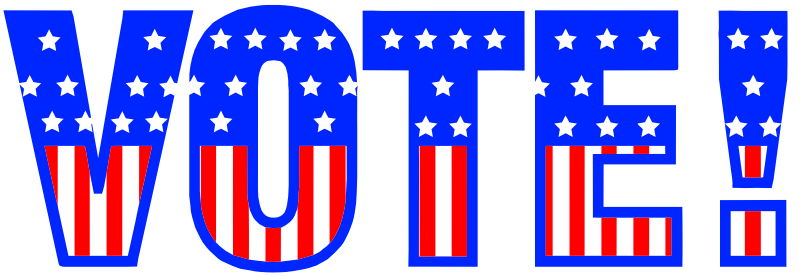
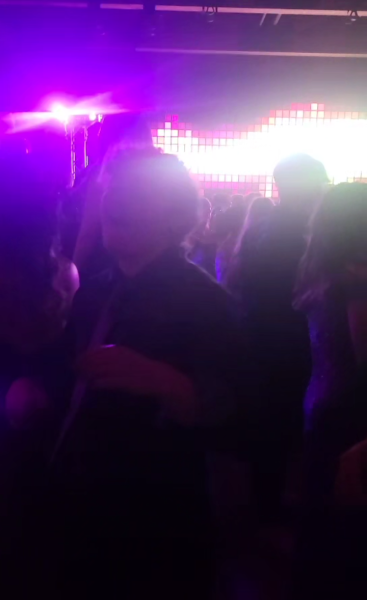

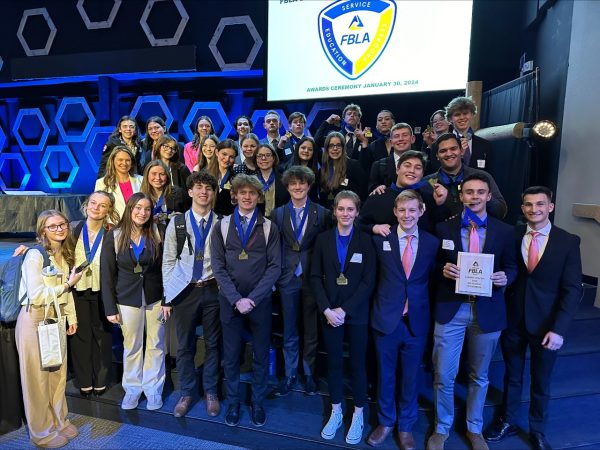


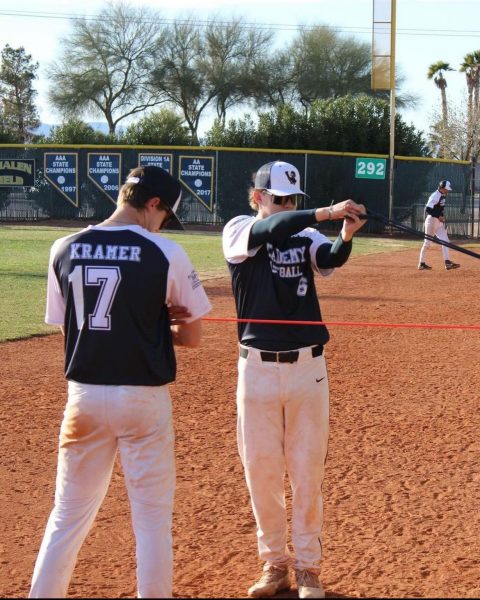

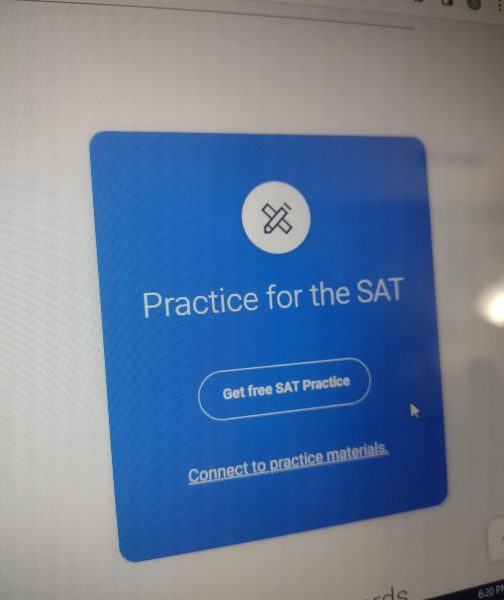
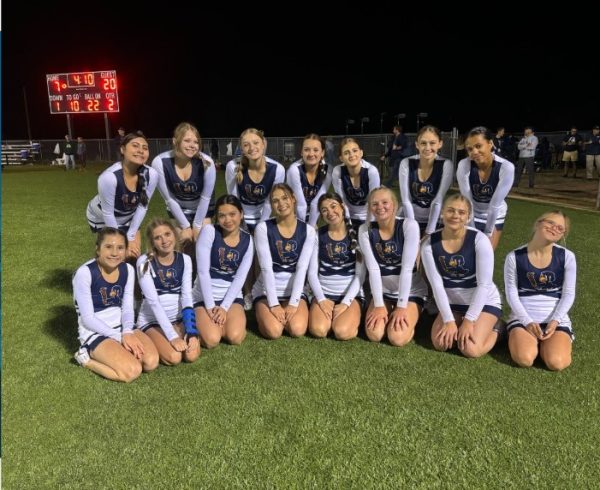
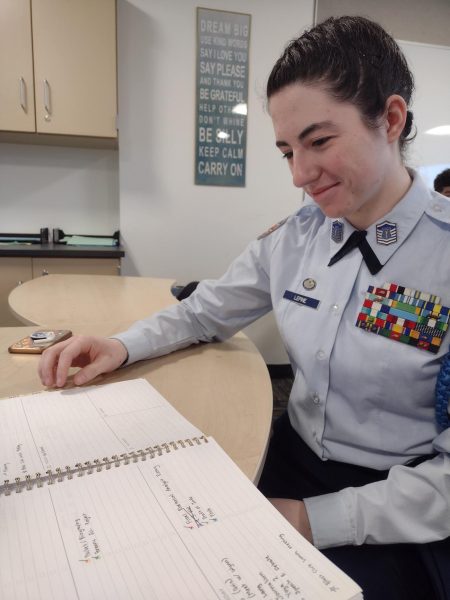
otto • Apr 1, 2016 at 5:39 pm
In 2008, voter turnout in the then 15 battleground states averaged seven points higher than in the 35 non-battleground states.
In 2012, voter turnout was 11% higher in the then 9 battleground states than in the remainder of the country.
In the 2012 presidential election, 1.3 million votes decided the winner in the ten states with the closest margins of victory.
Analysts already conclude that only the 2016 party winner of Florida, Ohio, Virginia, Nevada, Colorado, Iowa and New Hampshire (with 86 electoral votes among them) is not a foregone conclusion. So, if the National Popular Vote bill is not in effect, less than a handful of states will continue to dominate and determine the presidential general election.
Since March, ASSUMING a Clinton vs. Trump campaign, some analysts believe there will be no swing states. States with 347 electoral votes are leaning, likely, or safe Democratic, and 191 Republican.
With National Popular Vote, presidential campaigns would poll, organize, visit, and appeal to more than 7 states. One would reasonably expect that voter turnout would rise in 80%+ of the country that is currently conceded months in advance by the minority parties in the states, taken for granted by the dominant party in the states, and ignored by all parties in presidential campaigns.
otto • Apr 1, 2016 at 5:37 pm
The elected members of Congress do not represent each state in the Electoral College. Electors are not members of Congress.
In the event of no candidate getting at least 270 electoral college votes, the House of Representatives decides who will be president (with each state casting one vote) . The election for Vice President would be thrown into the Senate (with each Senator casting one vote), all regardless of the popular vote in any state or throughout the country.
What the popular vote OF EACH SEPARATE STATE shows is reflected in the Electoral College.
Now 48 states have winner-take-all laws for awarding electoral votes, 2 have district winner laws (not mentioned in the U.S. Constitution, but enacted by states).
There have been 22,991 electoral votes cast since presidential elections became competitive (in 1796), and only 17 have been cast for someone other than the candidate nominated by the elector’s own political party. 1796 remains the only instance when the elector might have thought, at the time he voted, that his vote might affect the national outcome.
The electors are and will be dedicated party activist supporters of the winning party’s candidate who meet briefly in mid-December to cast their totally predictable rubberstamped votes in accordance with their pre-announced pledges.
Minority party voters in each state have their votes counted only for the presidential candidate they did not vote for. Now they don’t matter to their candidate. In 2012, 56,256,178 (44%) of the 128,954,498 voters had their vote diverted by the winner-take-all rule to a candidate they opposed (namely, their state’s first-place candidate).
And now votes, beyond the one needed to get the most votes in the state, for winning in a state, are wasted and don’t matter to presidential candidates.
Because of the state-by-state winner-take-all electoral votes laws (i.e., awarding all of a state’s electoral votes to the candidate who receives the most popular votes in each state) in 48 states, a candidate can win the Presidency without winning the most popular votes nationwide. This has occurred in 4 of the nation’s 57 (1 in 14 = 7%) presidential elections. The precariousness of the current state-by-state winner-take-all system of awarding electoral votes is highlighted by the fact that a difference of a few thousand voters in one or two states would have elected the second-place candidate in 4 of the 15 presidential elections since World War II. Near misses are now frequently common. There have been 7 consecutive non-landslide presidential elections (1988, 1992, 1996, 2000, 2004, 2008, and 2012). 537 popular votes won Florida and the White House for Bush in 2000 despite Gore’s lead of 537,179 (1,000 times more) popular votes nationwide. A difference of 60,000 voters in Ohio in 2004 would have defeated President Bush despite his nationwide lead of over 3 million votes.
After the 2012 election, Nate Silver calculated that “Mitt Romney may have had to win the national popular vote by three percentage points on Tuesday to be assured of winning the Electoral College.”
Brady Becco • Apr 1, 2016 at 10:37 am
I agree more people need to get out and vote. Especially young people, our voice needs to be heard. Great article!